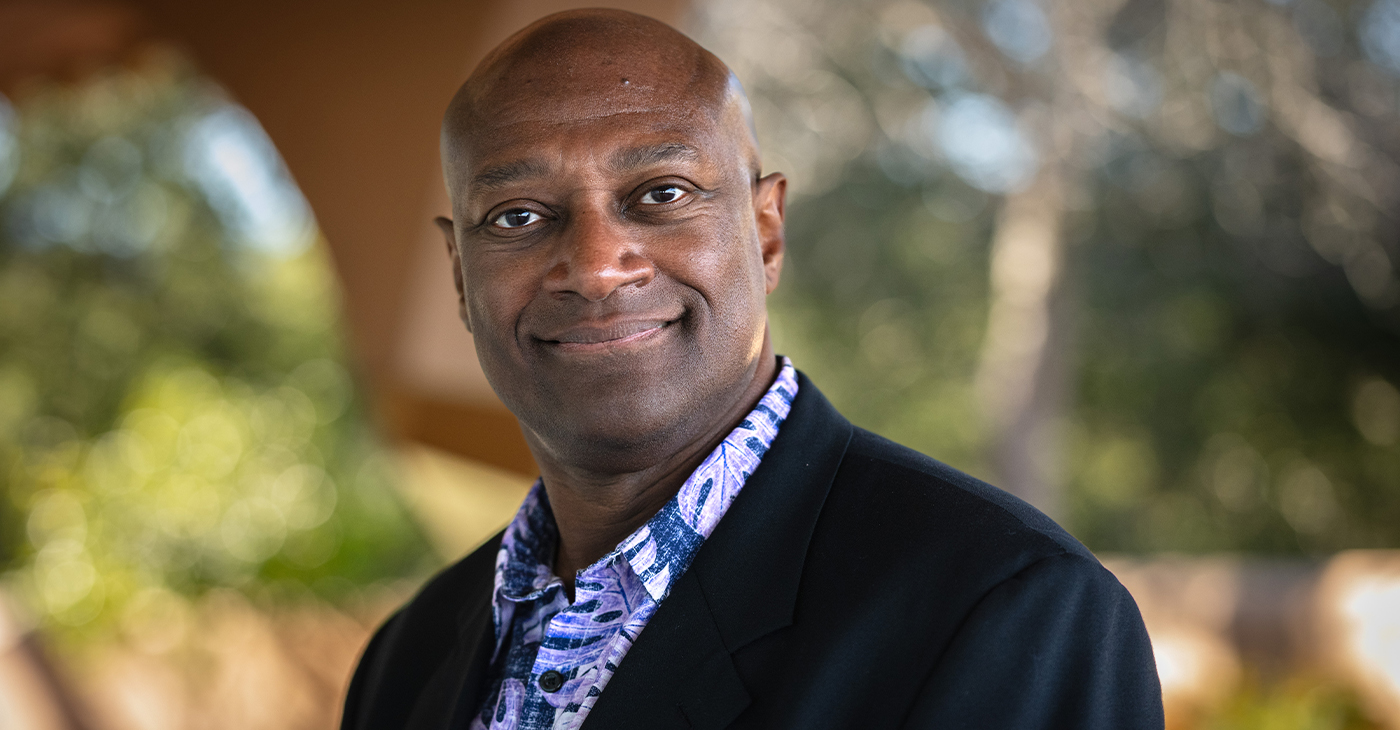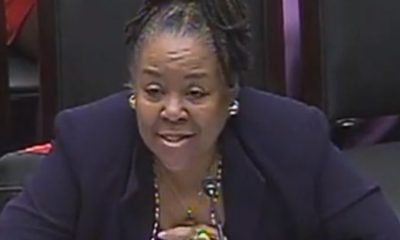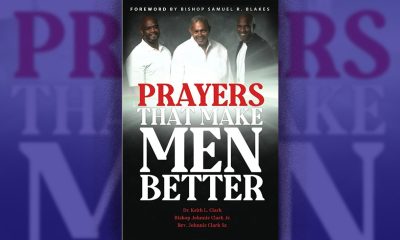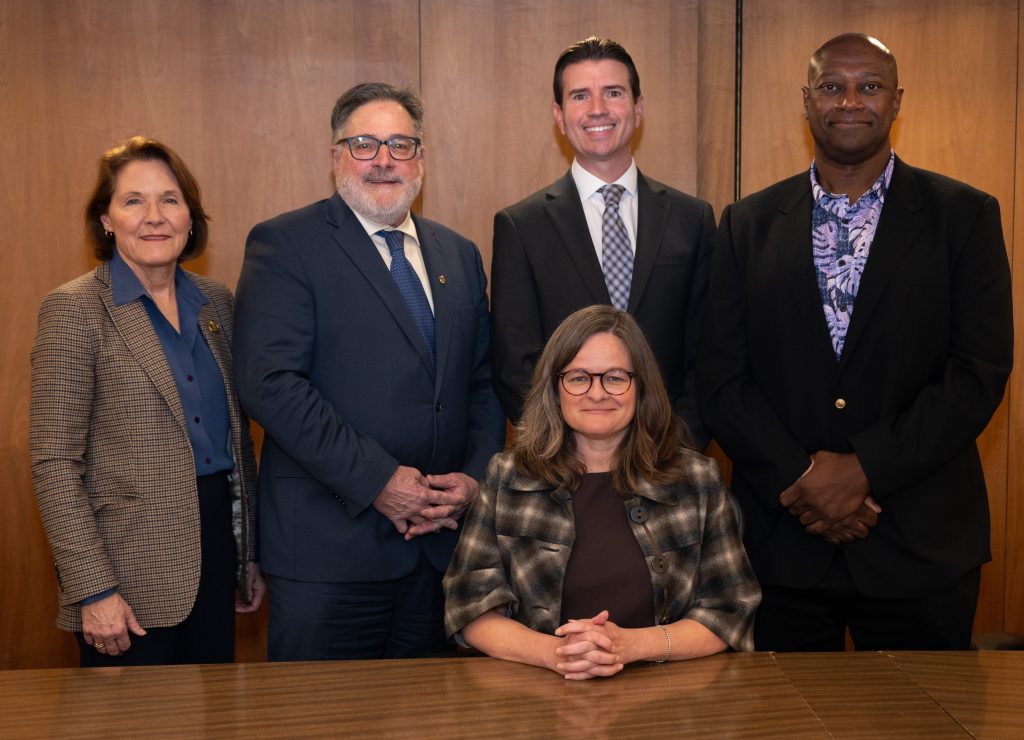Marin County
Kerner Report Set Standard for What a Serious Presidential Candidate Should Champion
Activism
Marin Civic Center Library Marks Black History Month with 3 Events
The Civic Center Library’s Afternoon Book Club will celebrate and commemorate Black History and will meet in person on Thursday, Feb. 20 from 1-2 p.m. to discuss “The Nickel Boys” by Colson Whitehead. (This afternoon book club generally meets on the 3rd Thursday of every month from 1:00 p.m. to 2:00 p.m.)

Activism
Andre Thierry Explores Zydeco Music at Marin City Library
Grammy-nominated Andre Thierry leads the musical program with an interactive, engaging experience that combines traditional and newly composed music.
Alameda County
Brian Colbert Sworn in as Marin County’s First Black Supervisor
A 10-year San Anselmo resident, Former San Anselmo Mayor Brian Colbert was raised in Connecticut and has degrees from Oberlin (Ohio) College and the University of Chicago Law School. He worked on Wall Street, with several tech startups, and for a concierge medical practice in San Francisco. He was elected to the San Anselmo Town Council in 2017, was reelected in 2020, and served twice as mayor.

-

 Activism4 weeks ago
Activism4 weeks agoDesmond Gumbs — Visionary Founder, Mentor, and Builder of Opportunity
-

 Activism4 weeks ago
Activism4 weeks agoFamilies Across the U.S. Are Facing an ‘Affordability Crisis,’ Says United Way Bay Area
-

 Alameda County4 weeks ago
Alameda County4 weeks agoOakland Council Expands Citywide Security Cameras Despite Major Opposition
-

 Activism4 weeks ago
Activism4 weeks agoBlack Arts Movement Business District Named New Cultural District in California
-

 Alameda County4 weeks ago
Alameda County4 weeks agoBling It On: Holiday Lights Brighten Dark Nights All Around the Bay
-

 Activism4 weeks ago
Activism4 weeks agoLu Lu’s House is Not Just Toying Around with the Community
-

 Activism4 weeks ago
Activism4 weeks agoOakland Post: Week of December 17 – 23, 2025
-

 Activism3 weeks ago
Activism3 weeks agoFirst 5 Alameda County Distributes Over $8 Million in First Wave of Critical Relief Funds for Historically Underpaid Caregivers



















































